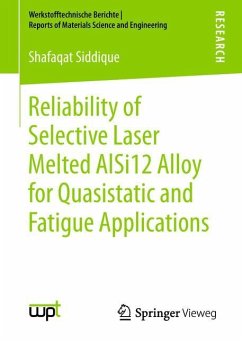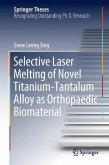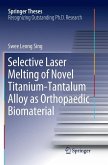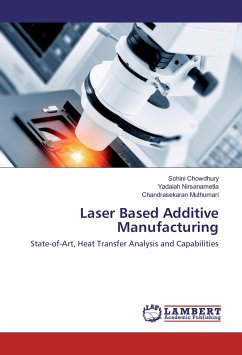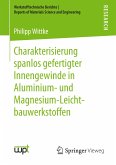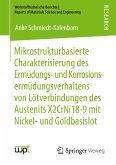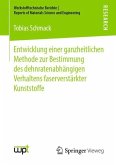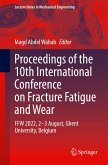Selective laser melting (SLM) has established itself as the most prominent additive manufacturing (AM) process for metallic structures in aerospace, automotive and medical industries. For a reliable employment of this process, it has to conform to the demanding requirements of these industries in terms of quasistatic and, especially, fatigue performance. Shafaqat Siddique identifies the influence of SLM processing conditions on the microstructural features, and their corresponding influence on the mechanical behavior of the processed AlSi12 alloy structures. The author also gives insight into integrated manufacturing by combining conventional and SLM processes to get the synergic benefits. Requirements for fatigue-resistant designs in additive manufacturing are highlighted, and a novel method is developed for agile fatigue life prediction.
About the Author
Shafaqat Siddique worked as Scientific Assistant at TU Dortmund University, Department of Materials Test Engineering (WPT), headed by Prof. Dr.-Ing. Frank Walther, and completed his Ph.D. research in cooperation with Laser Zentrum Nord (LZN) in Hamburg. He continues his post-doctoral research at TU Dortmund University, Germany.
About the Author
Shafaqat Siddique worked as Scientific Assistant at TU Dortmund University, Department of Materials Test Engineering (WPT), headed by Prof. Dr.-Ing. Frank Walther, and completed his Ph.D. research in cooperation with Laser Zentrum Nord (LZN) in Hamburg. He continues his post-doctoral research at TU Dortmund University, Germany.

